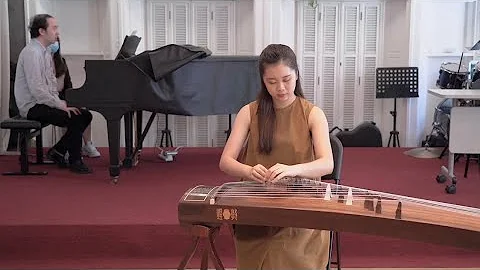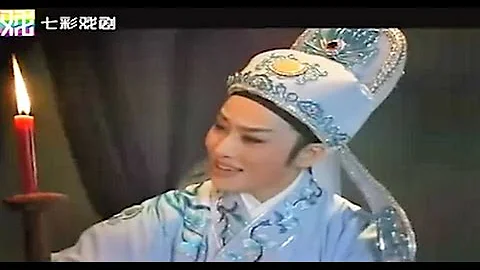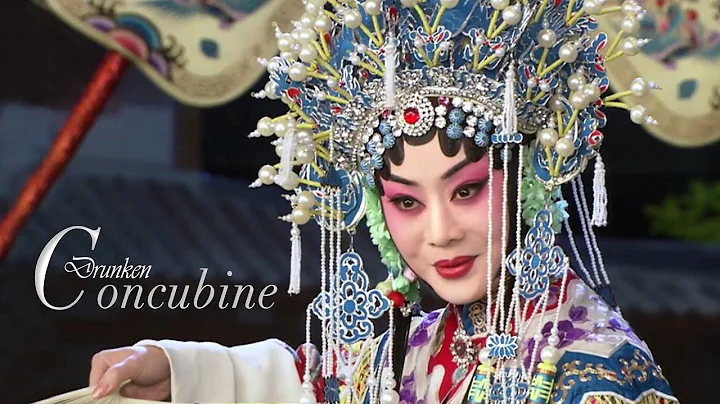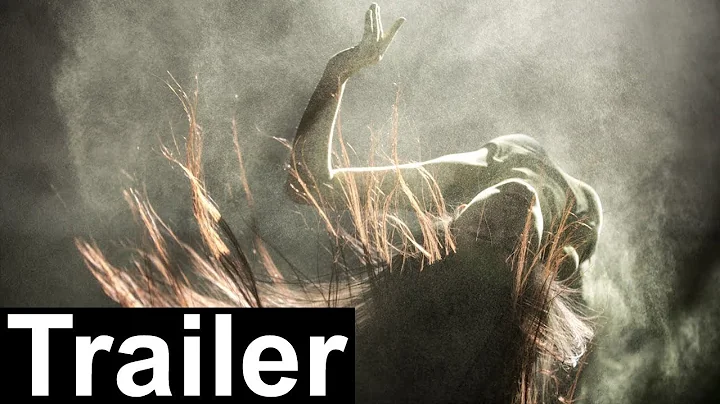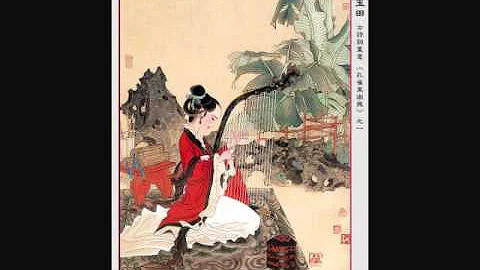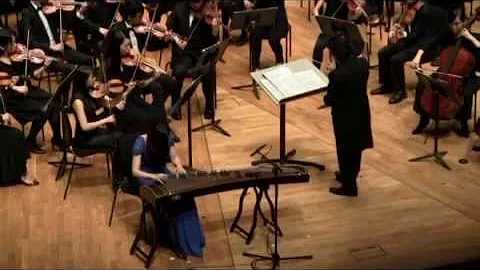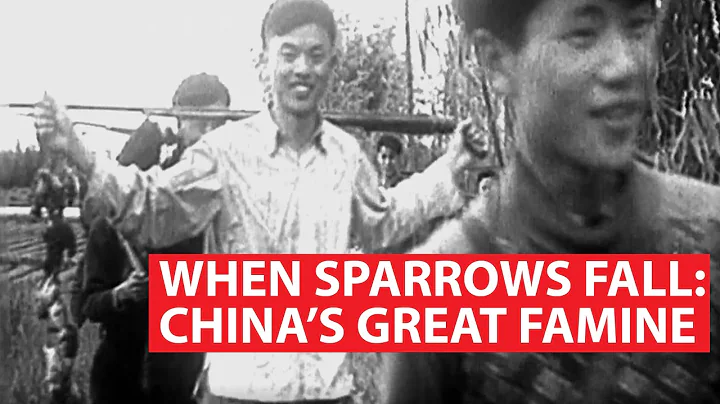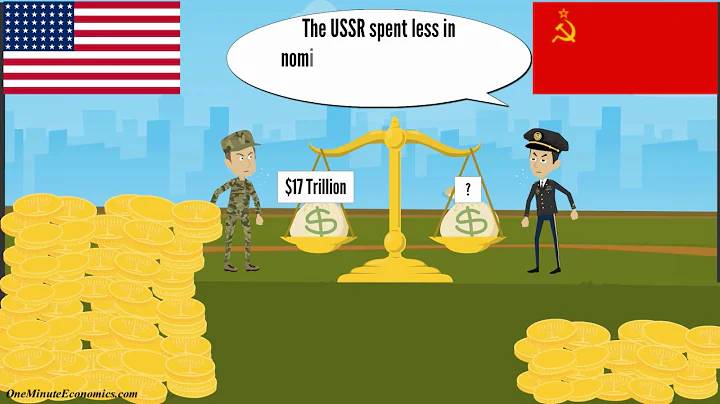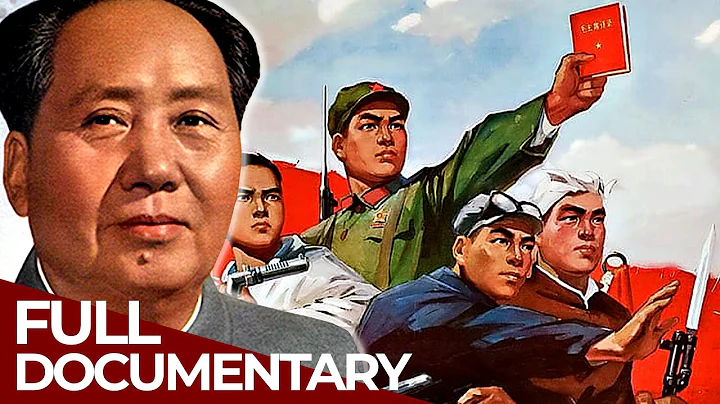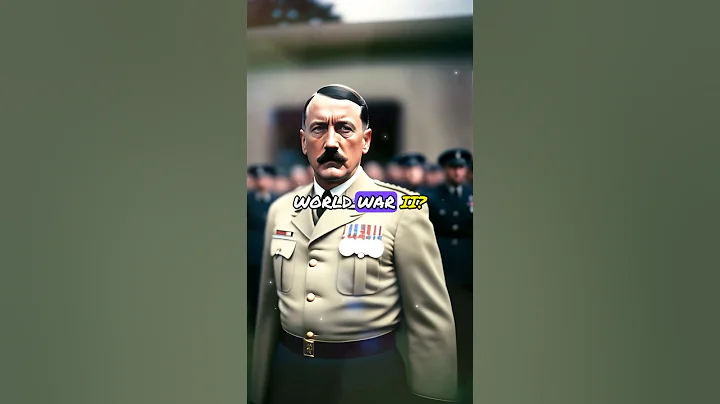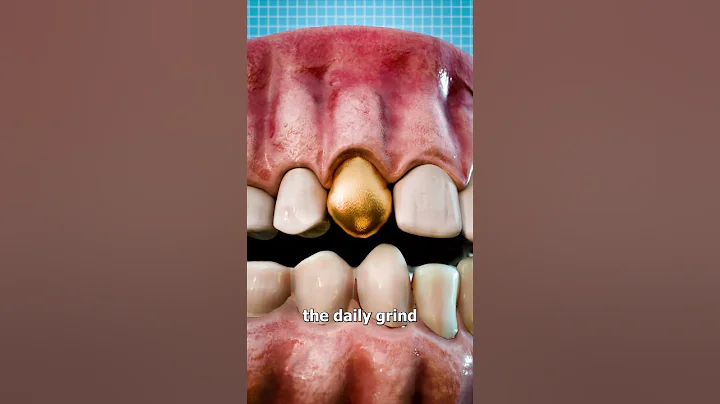In the Taihang Mountains in 1943, soldiers of the 129th Division were watching a wonderful artistic performance. On the stage, Fu Ya, a pillar of the art troupe, performed "The Peacock Flies Southeast" passionately. Thinking of her tortuous love experience with Chen Geng, she couldn't help but choke up and lost her voice, and her tears almost flooded the stage.
At this time, Deng Xiaoping, who was sitting in the first row, suddenly heard the sound of sobbing coming from beside him. He turned around and saw his beloved general Chen Geng wiping away his tears.

Chen GengFu Ya
Chen Geng is a famous "pistachio" in the army. He laughs wherever he goes. He was also a fierce general, his legs were seriously injured, and he was subjected to harsh electrocution by the enemy, but he never said a word. Now, can a small stage play make him burst into tears?
Deng Xiaoping looked at Fu Ya on the stage, then looked at Chen Geng beside him, sighed deeply, and found Liu Bocheng: "I think, just ask the organization department to approve their marriage. One is crying on the stage, and the other is crying in the audience. Look, It makes people sympathize. Besides, what's wrong with Fu Ya? Just because she has a bad background doesn't mean she's not good either!
Chen Geng’s first wife Wang Genying is a lively and cheerful Shanghai girl. The two met at night school, when Chen Geng was a teacher and Wang Genying was one of his students.
The young teacher fell in love with the smart and studious female student at first sight. After many contacts, Chen Geng stopped Wang Genying on the way to school and confessed carelessly: "Genying, I like you, I can see it, and you like me too. , Really?"
The little girl who was new to the world was so frightened that she turned around and ran home. Chen Geng did not give up at all and chased her into the Wang family's door.
Chen Geng is a humorous and charming person. After talking with Wang's parents, he was immediately loved by the elderly and visited them frequently from then on.
Unfortunately, before the relationship between the two could develop further, Chen Geng returned to Guangzhou and cut off contact with Wang Genying for 5 years.

Wang Genying
On April 27, 1927, Chen Geng, who was attending the conference in Hankou, was pleasantly surprised to find that Wang Genying was also one of the representatives of the conference. This time, he did not want to miss Yuelao's red line again.
Wang Genying, who was seriously discussing the issue with the representatives, received a small note written by Chen Geng: "Genying, I love you, and I will formally propose to you now."
Wang Genying was ashamed and annoyed, and "popped" the love letter It was posted on the wall, attracting crowds of people to watch. Chen Geng didn't take it seriously. The second and third notes were handed to Wang Genying's hands one after another, "Genying, I won't marry you unless I marry you. You must agree to my request."
In the end, Zhou Enlai and Deng Yingchao acted as matchmakers, pulling Wang Genying to say good things about Chen Geng. Wang Genying originally had a good impression of Chen Geng, but she didn't like his too straightforward way of expression. In the end, she and Chen Geng got married happily.

Wang Genying and Chen Geng’s eldest son
Speaking of Zhou Enlai and Deng Yingchao, their marriage almost suffered setbacks because of Chen Geng’s carelessness.
At that time, Zhou Enlai was still the director of the political department of Huangpu Military Academy . One day he suddenly received a telegram from his fiancée Deng Yingchao, saying that he was coming to Guangdong to fight alongside him.
Zhou Enlai was so busy that he sent his trusted Chen Geng to the dock to pick him up with photos.
As a result, Chen Geng looked around on the pier. When he saw someone who looked similar, he rushed up to pat someone on the shoulder. He didn't find Deng Yingchao until all the people disembarking from the boat were gone.
After Deng Yingchao got off the ship, he waited left and right but could not see Zhou Enlai. She was a very independent and independent woman, so she simply called a rickshaw and found Zhou Enlai's office.
Zhou Enlai was surprised and happy after seeing Deng Yingchao: "How did you get it? Didn't I send someone to pick you up?"
When the two were confused, Chen Geng ran back panting and almost collided with Deng Yingchao. After being introduced by Zhou Enlai, Chen Geng said in surprise: "What, your lady has found it yourself?"

After saying this, the three of them burst out laughing.
After Chen Geng married Wang Genying, he hurried out to punish the traitors without even having a rest in the wedding night. The two lived a life of little gathering and frequent separation, but their relationship was extremely deep.
Unexpectedly, in 1939, Wang Genying died under the enemy's sword in order to protect secret documents and funds. Chen Geng was distraught and fell seriously ill, and immediately vowed to guard Wang Genying for three years.
Leaders and comrades are very concerned about Chen Geng. A rough man still needs a woman to help him. Wang Genying will never wake up, but Chen Geng's life must continue.
In the early summer of 1940, more than a year after Wang Genying's death, Chen Geng visited the home of his old comrade Wang Zhitao. Wang Zhitao's wife Wu Jing suddenly remembered that her classmate Fu Ya was beautiful and educated, so she wanted to match him.
They were worried that this incident would arouse Chen Geng's resentment, so they arranged a chance encounter.
One day, Fu Ya was dragged by two companions to borrow clothes from Wang Zhitao's home. He happened to meet Chen Geng, the commander of the 386th Brigade with great military exploits. Chen Geng was the idol of girls at that time, and he was surrounded by everyone asking questions. During the conversation, he suddenly caught a glimpse of the pretty short-haired female student Fu Ya, and his heart immediately skipped a beat.

left one Fu Ya
How could the love at that time be as beautiful as before and under the moon? Chen Geng was busy fighting Japanese invaders and had no time to fall in love. At most, he could only write a few letters.
Since Chen Geng swore an oath in front of Wang Genying's grave, he stubbornly insisted on not marrying Fu Ya until the festival was over.
In 1942, when the three-year period expired, Chen Geng applied for marriage to the organization, but received only three words: "Not allowed."
It turned out that Fu Ya was born in a capitalist family and was considered to have a bad background. Chen Geng had such a future How could the commander of the Wuliang Corps marry a girl with such an "unclean" background?
The two people who were suffering from emotional torture had the scene of bursting into tears at the beginning of the article.
Fortunately, Deng Xiaoping was considerate and asked about the matter together with Liu Bocheng. In the end, Chen Geng got the beauty back as he wished.

Similar to their first marriage, the married life of Chen Geng and Fu Ya is still characterized by spending less time together and more separation. One is fighting at the front and the other is doing women's work at the back.
finally had some time to spend together, but Chen Geng died of a heart attack in 1961 at the age of 58. According to common sense, a person like him who is naturally optimistic and carefree should not have such a short life. According to analysis by insiders, this may be related to Chen Geng's arrest in his early years and the harsh electrocution he suffered.
On March 24, 1933, Chen Geng cured his leg injury in Shanghai and prepared to go to Jiangxi Soviet Area the next day. Before leaving, he planned to watch a movie as a souvenir.
Unexpectedly, Chen Geng was targeted by a traitor and was arrested in the patrol room. He suffered unbearable torture, including whipping and electric shock.
If he had been anyone else, he would have been sent to see God by the brutal enemy, but Chen Geng was different. Because of his life-saving grace to Chiang Kai-shek , the enemy never dared to kill him.

In October 1925, the Guangdong warlord Chen Jiongming occupied the Dongjiang area. In order to crusade against him, the Whampoa Military Academy used the student army as the main force, with Chiang Kai-shek as the commander-in-chief, and Zhou Enlai as the director of the General Political Department of the army, launching the second wave of Eastern expedition .
The first target of the Eastern Expedition was Chen Jiongming's hometown Huizhou . Chen Geng served as the commander of the Sharp Knife Company of the Fourth Regiment of the Pioneer Regiment. He was appreciated by Chiang Kai-shek for his bravery in fighting and attacking the city. Chiang Kai-shek immediately decided to ask Chen Geng to lead his men to serve as his commander. Guard.
This decision saved his life.
After Huizhou was captured, the Eastern Expeditionary Army was divided into three teams. Zhou Enlai led the first division to advance to Haifeng , while Chiang Kai-shek followed the proposal of the commander of the third division to advance in the direction of Huayang.
Unexpectedly, the Third Division did not conduct pre-war reconnaissance at all. Chen Jiongming's right-hand man Lin Hu was stationed in Huayang, and the Third Division was defeated and defeated. Chiang Kai-shek looked down from the mountain and saw enemy soldiers bearing forest-shaped tiger-head flags surging up all over the mountains and plains like a tide.
Chen Geng ran over panting: "Principal, it's time for the headquarters to retreat!"
Chiang Kai-shek shouted: "No, I will hold on to my position, even if I hit every soldier!"
After a while, he He asked Chen Geng in a low voice: "Can we evacuate now?"
Chen Geng held up Chiang Kai-shek and broke out toward the west, where the enemy's troops were weakest. As he was walking, Chiang Kai-shek suddenly sat down on the ground: "I'm not leaving. , What kind of face does the dignified commander-in-chief have when he falls into this situation..."

As he spoke, he pulled out his dagger and gestured in front of his chest. Chen Geng had no time to pay attention to this man's hypocrisy, so he picked up Chiang Kai-shek and ran away. , and ran for seven or eight kilometers until they found a small boat to cross the river and were finally out of danger.
Chiang Kai-shek burst into tears: "Chen Geng, my good brother, you are a good student of the principal, and the principal will never forget you."
After that, Chen Geng ignored the fatigue and broke through the dangerous Lotus Mountain alone, walking more than 160 miles to the Haifeng sent a message to Zhou Enlai, and Zhou Enlai sent troops to support him. Only then did the Eastern Expedition come to a successful conclusion at the end of November, and Guangdong was unified.
In this battle, Chen Geng became famous in Huangpu for his fearless courage. Everyone in Huangpu students knew Chen Geng's name. In addition, he was optimistic and sociable by nature, and maintained a good relationship with most of the officers.
Therefore, after Chen Geng was arrested this time, many Huangpu clique officers who had different political views with him came to Chiang Kai-shek to plead for Chen Geng, hoping that he would release Chen Geng because of his life-saving grace.
Chiang Kai-shek was naturally unwilling to release Chen Geng, but he was also unwilling to bear the charge of killing Chen Geng. After the attempt to induce him to surrender failed, he pretended to take action himself, fully demonstrating his tolerant gesture.

Chen Geng, who was covered with bruises, was placed on the sofa in the conference room on the second floor. As soon as Chiang Kai-shek stepped onto the stairs, he pretended to shout: "Where is Chen Geng? Where is Chen Geng?"
Chen Geng did not answer after hearing this, and found a newspaper to cover his face. While reading, I scolded Chiang Kai-shek.
Chiang Kai-shek pretended not to hear, sat down, held Chen Geng's hand, and talked about his "Chiang stereotype". Finally, he took out a surrender letter from his arms and vowed that as long as Chen Geng signed it, he would be Prosperity and wealth will surely come.
Chen Geng tore the surrender letter into pieces. Chiang Kai-shek couldn't bear it anymore. Just when he was about to get angry, his capable man Qian Dajun came in. During the Eastern Expedition, Qian Dajun failed to rescue and was almost punished by Chiang Kai-shek. Fortunately, Chen Geng spoke kind words for him. Because of this relationship, Qian Dajun, who was in a high position, was always polite to Chen Geng.

Qian Dajun
Qian Dajun persuaded Chiang Kai-shek a few words and gave old Chiang Kai-shek a step down. In the end, Chiang Kai-shek chose "retain" among "kill, keep, and release" and put Chen Geng under house arrest in a small villa in the suburbs of Nanjing. .
Fortunately, Chen Geng conquered the warden who was guarding him with his charm, and the organization was able to receive his letter for help, and quickly appointed two capable officers to rescue Chen Geng while he was out for a walk.
After escaping from Nanjing, Chen Geng took the train non-stop to Ruijin, Jiangxi. When the train stopped briefly at Xuzhou Station , Chen Geng, who was strolling on the platform, suddenly discovered that a special carriage had been temporarily hung at the rear of the train, and several senior Kuomintang officials were surrounding Qian Dajun on the train.
Chen Geng was worried about being seen by these former classmates, so he hurriedly returned to his seat, pulled down the brim of his hat and covered half of his face, pretending to sleep.

Who knows what he was afraid of? After a while, someone walked up to Chen Geng and lowered his voice: "Mr. Chen, Commander Qian invites you to come and sit with him."
Chen Geng didn't move, and the person repeated again After reading it, he stretched out: "You have mistakenly admitted the person. My surname is not Chen. I am a businessman. I don't know Commander Qian at all!"
After a while, Chen Geng's hat was lifted, and Qian Dajun personally Come to pick him up: "Ha, I admit it right! Come on, come and sit in my carriage."
It turned out that Qian Dajun's destination was the same as Chen Geng, both heading to Jiangxi Soviet Area.It's just that Qian Dajun was sent to the front line to encircle and suppress the Red Army, while Chen Geng helped the Red Army retreat. The two people on the same train were actually enemies of each other.
Qian Dajun took Chen Geng and introduced to his colleagues: "Look, I caught a 'big fish' alive."

Chen Geng smiled and argued: "I quit working long ago. Now I am doing some business, and I am going to find Hu Zongnan (Chiang Kai-shek’s favorite general) went to think of something. "
"What, have you changed your ways?"
Chen Geng nodded.
Qian Dajun is a human sperm, so how could he believe Chen Geng's nonsense? However, he did not continue to ask questions and pulled Chen Geng to talk about this.
Chen Geng was very anxious. He finally escaped from the tiger's den, but fell into the wolf's den again. It happened that the train stopped at the station. He quickly stood up and said, "It's time for me to get off here." Then he turned and walked into the crowd.
It was very difficult to buy train tickets at that time, and Chen Geng was in a hurry to get to the Soviet area, , so he just used a cover-up trick. After wandering around the platform for a few times, he quietly got into a carriage away from Qian Dajun.
Before he could sit down, the adjutant from before came again: "Mr. Chen, our army commander invites you to go!"

Qian Dajun pursed his lips and seemed to be smiling: "You said you quit, I don't understand yet. You, you will never change!"
It turns out that Qian Dajun sent someone to keep an eye on Chen Geng after he got off the train. After discovering that he secretly got on the train, he immediately invited him into his compartment.
Fortunately, Qian Dajun did not make things difficult for Chen Geng. After treating him to a meal and reminiscing about old friendships, he said, "If you have anything to do, just leave. I won't stop you."
Chen Geng seemed to have received a pardon and hurriedly stood up to leave. Looking at his leaving figure, his subordinates were puzzled: "Sir, why did you let him go?"
Qian Dajun stood in front of the car window and waved his hands without saying anything.
Qian Dajun knew very well that Chen Geng, known as one of the "Three Heroes of Huangpu", had a high prestige among soldiers born in Huangpu because of his bravery in combat and having saved the life of Chiang Kai-shek.
Moreover, even Chiang Kai-shek could not do anything about Chen Geng, and in the end he could only watch this hot potato escape. If I catch him rashly, I will definitely be scolded by the teachers and students of Huangpu.
Besides, he once taught Chen Geng, and there was always a sense of teacher-student friendship. Chen Geng had spoken kind words for him in front of Lao Jiang back then. Because of this fate, it was better to turn a blind eye and let him go as a favor.
Chen Geng didn't know Qian Dajun's psychological activities. He was like an eagle that had escaped from the cage and was about to spread its wings and soar on the anti-Japanese battlefield.



